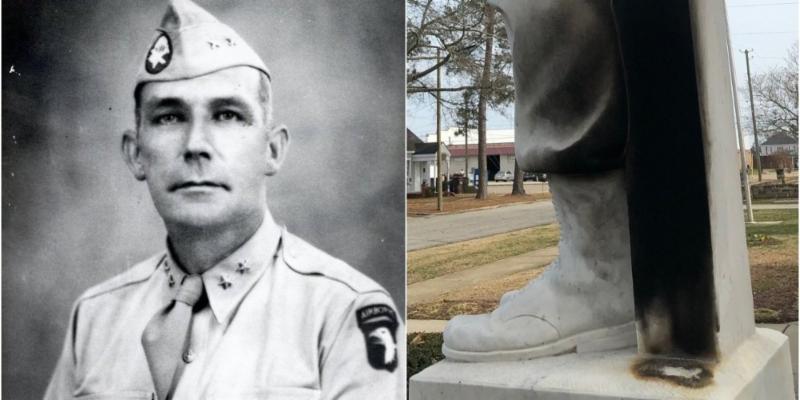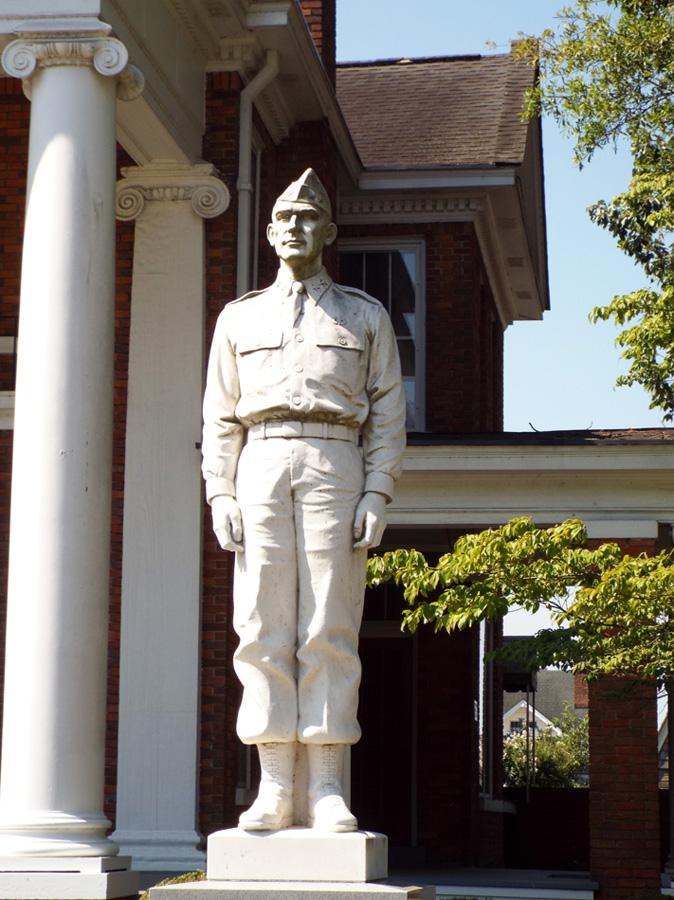Major General William C. Lee's statue was burned around 10 p.m. Thursday after "someone poured flammable liquid over the white marble statue" and set it ablaze, according to a Facebook post on Feb. 15 from the William C. Lee Airborne Museum in Dunn, North Carolina.
"It scorched the statue mostly on the left side," the post said. "You can see the burn marks in the marble where the jerk placed the remainder of the fuel container on the platform. The cleaning and repair possibilities process will begin soon. Local security cameras will be reviewed."
Museum curator Mark Johnson said to The Daily Caller News Foundation over a phone call that fixing the damage could easily cost $1,000 and will come from the organization's funds.
"If you want to attack the Civil War statues, history, we're not the ones," Johnson said. "Wrong general, wrong century, wrong war."
Lee is the father of the U.S. Airborne Army, according to the museum.
Hundreds of Facebook comments expressed disdain and many felt insulted over the statue's damage.
"I am a 81 year old 82nd Airborne trooper and I would enjoy kicking the hell out of this trash," Facebook user Gary G. Hostetter wrote.
"I think it is ridiculous for any statue to be torn down! I don't care if it is Confederate or otherwise!! History is history and you cannot erase," user Betty Callaway said.
An investigation is ongoing and Dunn Police Chief Chuck West said there are no suspects, The Daily Record reported. Johnson believes the vandals were going after Confederate General Robert E. Lee.
Robert Lee owned slaves but also believed slavery was "a moral and political evil," according to an 1856 letter to his wife. The Civil War general joined the Confederacy only to defend his home state of Virginia.
Dunn is a little over 60 miles away from the University of North Carolina at Chapel Hill, where the campus's Silent Sam statue has been a point of contention for a while. Red paint and blood were thrown at the statue in April 2018. It was reportedly toppled by protesters in August 2018 because they believed the statue represented North Carolina's slave-holding history. The remnants were removed in January.















